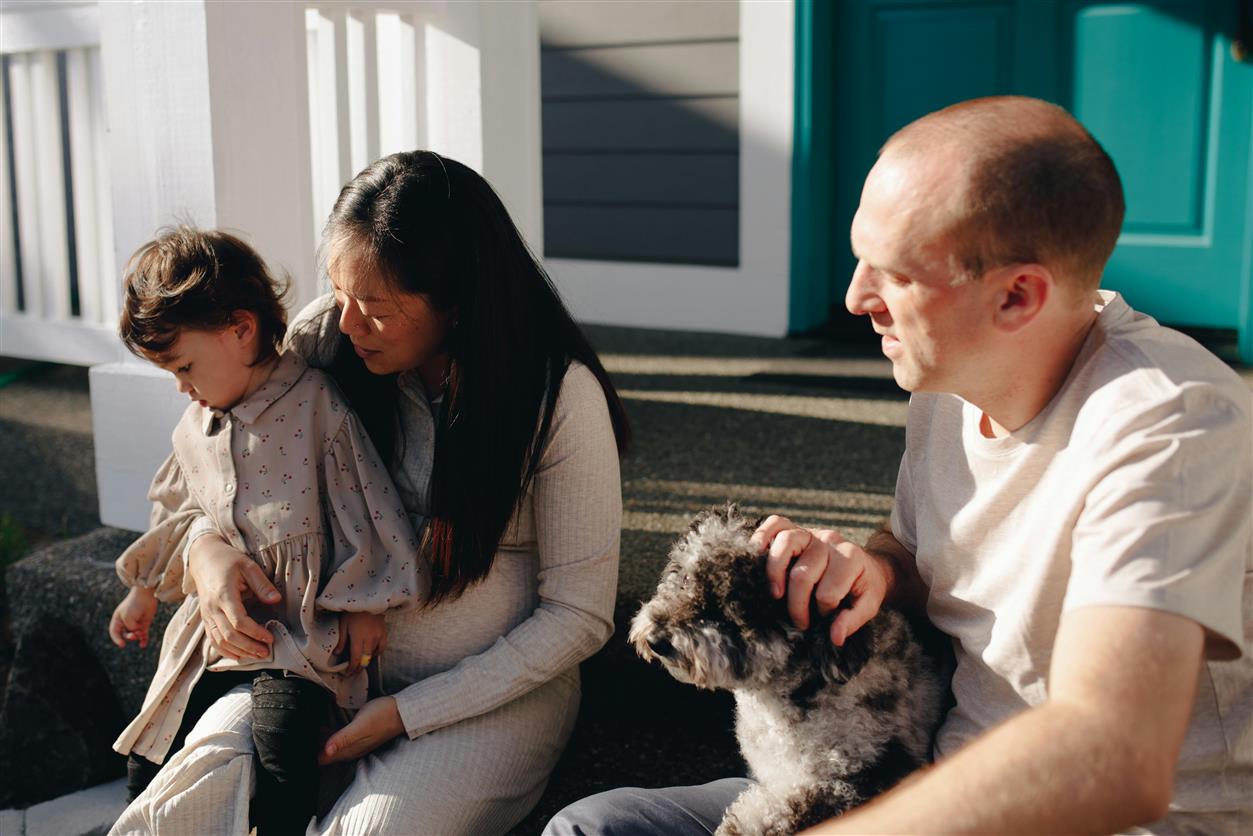
Across major cities and quiet suburbs alike, a quiet transformation is unfolding in the way people approach companionship, care, and even family structure. Increasingly, pets—especially dogs and cats—are being treated not just as loyal animals, but as full-fledged members of the household. For many, they’ve become the center of daily routines, travel plans, spending habits, and emotional fulfillment. This shift, sometimes referred to as “pet parenting,” reflects broader social and economic changes. The question arises: are pets replacing children?
A Demographic and Cultural Shift
Millennials and Gen Z, in particular, are driving this trend. Faced with rising housing costs, stagnant wages, and an increasingly unstable global landscape, many younger adults are delaying—or altogether rethinking—traditional milestones like marriage and parenthood. In their place, pets have become anchors of care and responsibility.
According to recent consumer reports, pet ownership is at an all-time high, with nearly 70% of households in countries like the United States having at least one pet. But it’s not just the number of pets that has increased; it’s how people relate to them. Terms like “fur baby,” “pet parent,” and even “dog mom” or “cat dad” are now common, not as jokes, but as genuine expressions of affection and identity.
This cultural shift is also evident in social media. Entire accounts are dedicated to the lives of pets, with some animals amassing more followers than small businesses or minor celebrities. Pet-centric content ranges from birthday celebrations and adoption stories to daily updates and wardrobe choices. In many cases, the bond on display isn’t performative—it mirrors the deep emotional connection once reserved for human family members.

The Financial Commitment of Pet Parenting
This emotional attachment is reflected in financial behavior. The pet industry has ballooned over the past decade, reaching hundreds of billions in global value. Spending extends far beyond food and basic veterinary care. Today’s pet parents are investing in gourmet meals, grooming salons, interactive toys, tech-based trackers, orthopedic beds, and even therapy sessions.
Pet insurance, once a niche product, has become increasingly common. Veterinary care itself has grown more sophisticated, with services like cancer treatment, dental surgery, and mental health care now available at high-end clinics. In some urban centers, dogs have access to dog parks with obstacle courses, social clubs, and daycare centers that rival preschools in cost and structure.
There’s also a growing market for pet-friendly design. Apartments and homes are being built or renovated with dogs and cats in mind: think in-built litter cabinets, doggy wash stations, and windows tailored to the height of pets. As developers and landlords recognize the value of catering to pet owners, amenities once considered extravagant are becoming standard in high-demand areas.
Psychological and Emotional Drivers
It would be a mistake to reduce pet parenting to mere consumerism. The emotional and psychological dimensions of this trend are profound. Pets offer companionship without the complications of human relationships. They provide routine, unconditional affection, and a sense of responsibility—qualities that many crave in an increasingly uncertain world.
For single adults, especially in large cities, pets are often seen as stabilizing forces. For couples unsure about having children, a pet can serve as a “test run” or, in some cases, an alternative that satisfies the urge to nurture. For older adults facing empty nests or retirement, animals offer purpose and routine.
Mental health professionals have noted the therapeutic value of pet ownership. Caring for an animal has been linked to lower rates of depression, reduced anxiety, and improved cardiovascular health. During periods of isolation, such as the COVID-19 pandemic, pets became vital emotional lifelines. It’s no wonder they’ve taken on such a central role in people’s lives.
Social Acceptance and the Evolving Definition of Family
One of the most telling signs of change is how society is responding. Workplaces have become more accommodating, with some companies offering pet-related benefits or even allowing pets in the office. Cities are enacting pet-friendly policies in housing and public spaces. Travel companies are marketing vacation packages around four-legged family members.
In legal and social contexts, the idea of pets as “property” is slowly giving way to new frameworks. Some jurisdictions are even exploring pet custody laws in divorce cases, acknowledging the emotional bond between humans and animals. Similarly, animal rights legislation is evolving, reflecting a broader acknowledgment that pets occupy a unique space—not quite human, but certainly more than just objects.
This shift reflects an evolving definition of family. Where once the nuclear family was the cultural standard, contemporary life is more fluid. Families now include single-parent homes, multigenerational households, and yes, adults whose closest companions are their pets. The sense of kinship isn’t diminished by the absence of children; it’s simply redefined.

Is This a Replacement or a Reimagining?
Still, the question remains: are pets replacing children? Statistically, birth rates are declining across much of the world, particularly in developed nations. Economic precarity, environmental concerns, and changing gender roles all contribute to this decline. Pets offer a more manageable, less permanent alternative.
But for many, it’s not a direct substitution—it’s a reframing of life priorities. The choice to center a life around animals isn’t always about avoiding parenthood; it’s about creating meaningful relationships that suit one’s lifestyle, values, and emotional needs.
Some will eventually have both children and pets. Others will remain devoted pet parents for life. Either way, the rise of pet parenting reflects a deeper societal shift—one in which personal fulfillment, companionship, and care are not limited to traditional roles and relationships.
Conclusion
The growing popularity of pet parenting is more than a passing trend. It is a cultural response to the pressures and possibilities of contemporary life. As society continues to evolve, so too will the ways people form families, show affection, and find meaning. Whether they’re curled up on the couch, walking beside us in the park, or featured in our holiday cards, pets have secured a permanent place in the human heart.
And for millions, that place looks a lot like home.
4o



